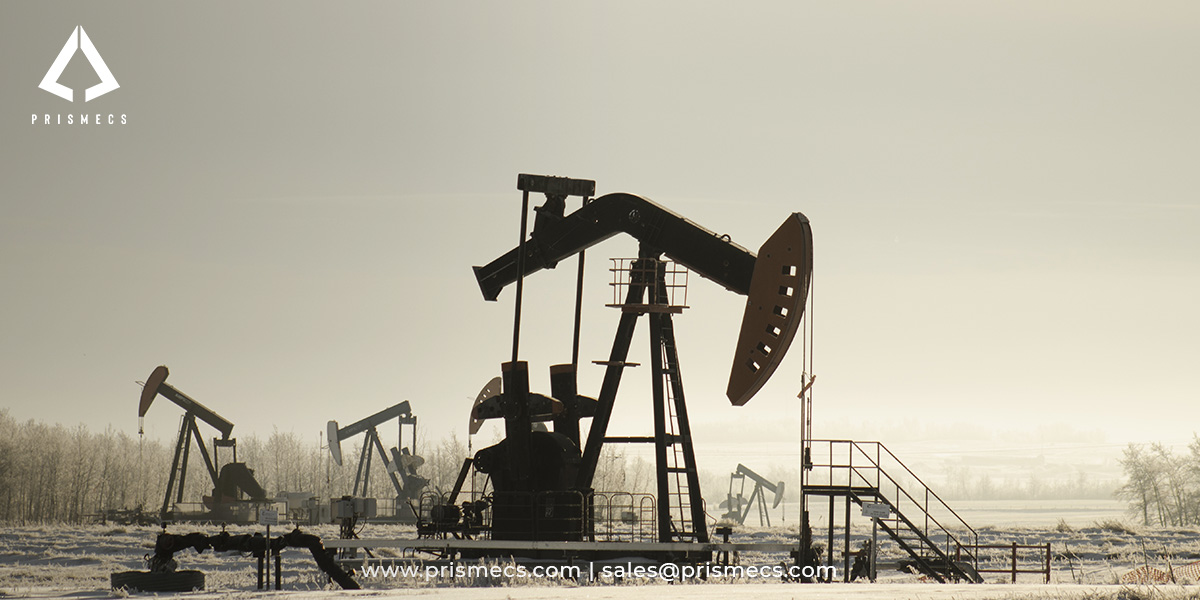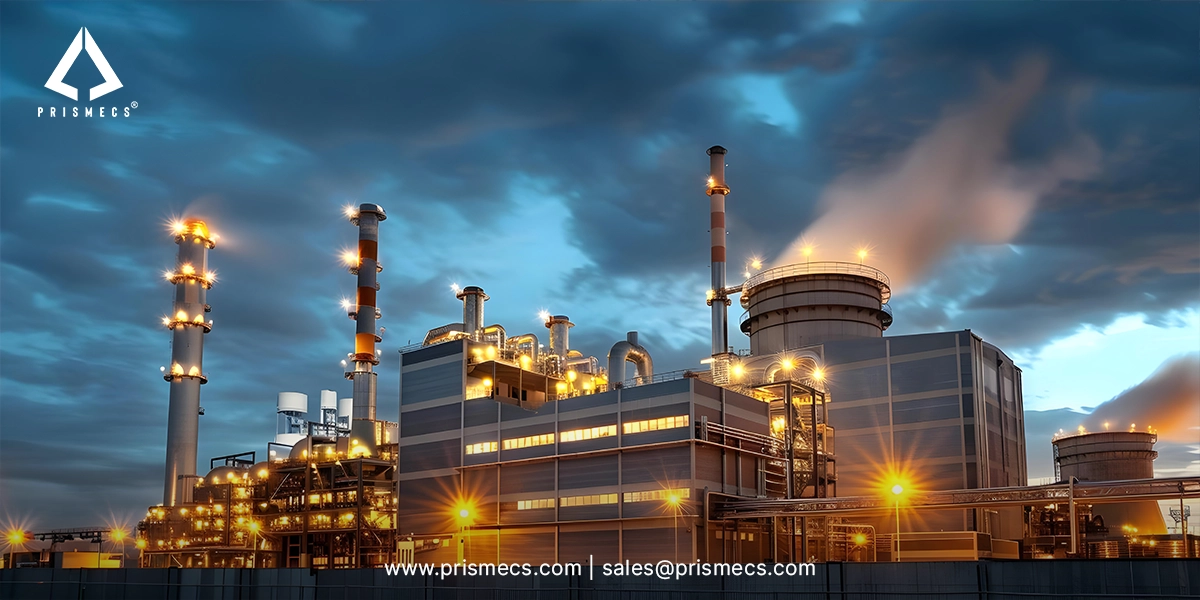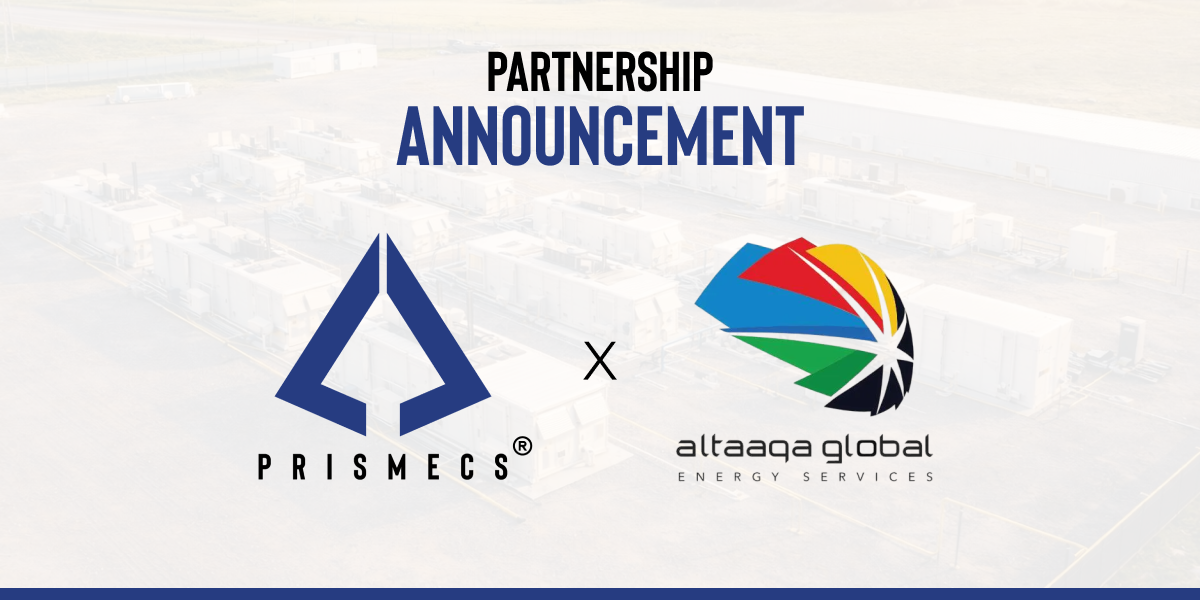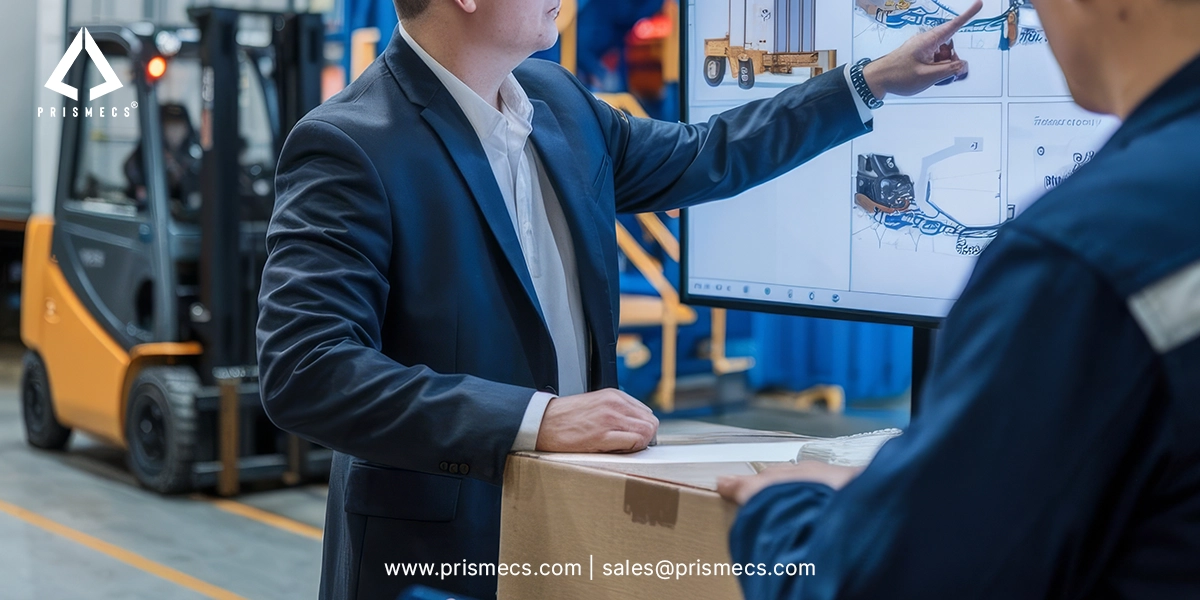
Production optimization starts with well-project completion, and an ideal completion depends upon the integrity of the significant cementing job. The poor job becomes the reason for extra costs and losses to the oil & gas industry every year.
Poor cementing jobs need extra operations like squeeze jobs. These functions are time-consuming and rig-demanding, which can become the cause of economic loss. Suppose a poor cement job is left unattended; the result can be drastic and ensure a lot of damage. Simply put, it can destroy all procedures, so you must reduce these problems.
Cementing integrity is enhanced with a circulating mandrel hanger that permits the casing to move through the lateral heel during installation.
Cement activities in the oil & gas field are getting a bad rap. Cement work has been the possible culprit in most onshore franking disputes. The United States Bureau of Land Management reports that bad cementing work becomes the reason for accidents.
But no worries! There is a chance of improvement in cementing technologies to reduce the threats. The integrity of the job employs all the assistance it can get.
The method in which the process is inside the annulus helps with the integrity aspect of the cementing functions, and the wellhead can assist in accurately enhancing the cement placement’s efficiency.
Importance of Cementing in Well Integrity
It is a critical process for good integrity. It ensures hydraulic isolation and mitigates the fluid flow in the middle of the producing zones, groundwater aquifers, and the ground. However, cement sheaths are not always perfect for delivering an acceptable long-term solution for demanding drilling surroundings.
The Changes in downhole conditions, along with pressure & temperature fluctuations, can become the cause of stress on the cementing sheath. The mechanical qualities of suitable cement types have become the subject of considerable interest lately.
The drilling engineers and expert cementers are moving away from the sole measurement of compressive power in press machines & ultrasonic analyzers to a more detailed study of properties.
It is a critical process for good integrity. It ensures hydraulic isolation and mitigates the fluid flow in the middle of the producing zones, groundwater aquifers, and the ground. However, cement sheaths are not always perfect for delivering an acceptable long-term solution for demanding drilling surroundings.
The changes in downhole conditions, along with pressure & temperature fluctuations, can become the cause of stress on the cementing sheath. The mechanical qualities of suitable cement types have become the subject of considerable interest lately.
The drilling engineers and expert cementers are moving away from the sole measurement of compressive power in press machines & ultrasonic analyzers to a more detailed study of properties.
Stress Conditions Linked with Cement Sheath Failures
The process can fail because of shear and compressional stresses during the life of a well. These different stress conditions make a connection with cement sheath failures:
- Excessive load is one of the reasons for cementing failure caused by the expansion of the tubular. It is due to the high fluid pressures inside the casing while testing, perforating & hydraulic fracturing, or expansion to temperature changes during the fluid production stage.
- Stress situations result from high pressures that emerge inside the cement sheath due to the thermal expansion of the interstitial fluid.
- These conditions engage tectonic movement or activities of the formation.
When the set process in the wellbore faces such problems and stresses, the set cement can fail in the shape of radial, circumferential cracking. This failure compromises zonal isolation and welcomes other swear issues throughout the process.
Solid material for cementing will deform when a load is employed on it. A stiff material requires more strength to deform than a soft material. So, let’s uncover the secrets of improving cement flexibility.
How can you improve the cement flexibility?
Cement with upgraded flexibility can overcome the potential for stress-induced cement-sheath cracking. It may become the cause of long-term gas migration.
Flexible components, elastomeric polymers, or latexes are employed in existing cementing systems. They all need to enhance flexibility together with foamed cement.
You can utilize the following strategies to enhance flexibility in an approach to better zonal isolation.
Slurry density reduction
Conventional slurry density reduction can boost the flexibility of the set cementing process. Also, the impacts on compressive power and permeability are detrimental in this scenario. Foam types of cement can boost flexibility, which is linked to its reduction of density and porosity.
Elastomeric composites / Flexible particles
You can add different fillers, such as carbon black, calcium carbonate, and silica. These filters can optimize the elasticity of the set cement. Also, rubber components or thermoplastics can bring a lot of improvements.
Once used, the resulting set exhibits enhanced elasticity and, in most cases, such expansion properties. An extra value of these parts is having special gravities between 0.9 & 1.2. So, they can also overcome the cement system density and improve the process.
Fibers
Fibers or ribbons are the most elementary particles to adjust the entire process. They can add something more potent to a cement matrix to upgrade flexural strength.
Nylon fibers have been employed for many years to fulfill this cementing purpose. This strategy has its background. Furthermore, the metallic micro ribbons can help to enhance impact resistance & toughness in kickoff plugs and different junctions.
Conclusion
Cementing is customarily employed in wells as the crucial material for zonal isolation. It can ensure operational limitations and alternative materials and offer significant benefits over cement, which is being proposed & employed by the industry.
Prismecs provides turnkey supply chain & engineering solutions for operators throughout the world. Prismecs comes up with full-service cement grinding & storage solutions. Trust our team of experts to grind the clinker and other active ingredients used in the cementing process. We assist you in getting the final cement powder that meets your desired outcomes.
Prismecs can assist you in storing your cement powder for a long time. Also, we have the best solutions to improve the cementing integrity and flexibility. Our services ensure better solutions on your excellent bore. After getting our services just once, you’ll get long-term benefits.
Not even if you want to get any information related to this domain, you can ask any time; our team of experts would love to assist you. We assure you that you will get the perfect solution for your cementing process on our platform. You can connect for any turbine engine-related services through this number: +1888 7747632. Let’s connect and be a part of Prismec’s family.
Tags: oil and gas
recent posts

Power Generation
10 minutes read
How to Maximize Uptime in Power Generation Plants
Discover how Prismecs power plant maintenance helps operators prevent outages, protect revenue, and keep turbines running at peak performance. Learn h...

Renewables
8 minutes read
Opportunities in Renewable Energy Development
Explore Renewable Energy Development strategies focused on grid stability, faster deployment, and resilient power systems with Prismecs. Plan your nex...

Press Release
2 minutes read
Altaaqa Global & Prismecs Form Strategic Cooperation to Accelerate Modular Power Deployment Across USA
Prismecs and Altaaqa Global Announce Strategic Cooperation to Accelerate Modular Power Deployment in the United States Houston, TX & Dubai, UAE – Febr...

Procurement
9 minutes read
Complete Guide to Industrial Procurement Services
Explore Industrial Procurement Services for power and oil & gas projects. Cut delays, secure critical equipment, and build resilient supply chains wit...